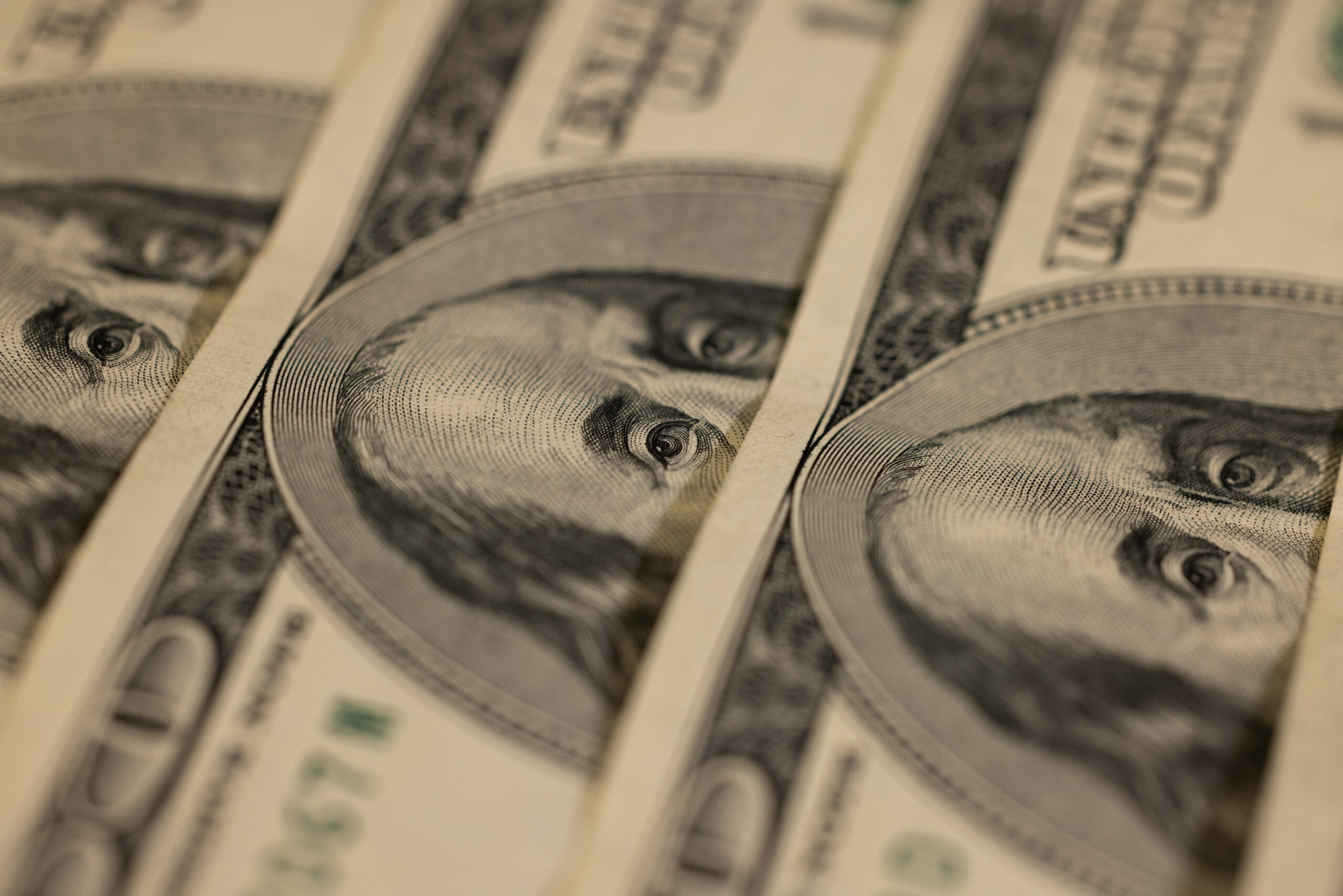In the past year, the United States has seen a rapid increase in inflation, whether it be the sudden leap in the price of gas to the changes in prices at the grocery store while the product sizes remain the same. But what exactly is inflation?
Inflation comes in multiple forms, but the basic idea is that purchasing power either inflates or deflates on a product. The rate at which prices go up on a product is inflation, while purchasing power is determined by how much value the money has at the time you buy the product. The less value money has (and the more you need of it), the more inflated the product has become for you to buy.
Inflation applies to nearly every aspect of our daily life. In other countries and different periods in history, single bills in the thousands or even millions produced have barely bought the necessities as a result of depleted economy or other issues. While the United States hasn’t seen that yet, inflation is still prevalent, and consumers have noticed how products have been downsized or otherwise reinvented, costing more while offering less. Additionally, the COVID-19 pandemic has changed the economy and job market drastically, and the difficulty in finding and gaining jobs has only made it more difficult to budget and manage your finances.
At this point, what do we do about rising prices to save money? How do we keep up with the changing markets? Here are a few things you can do.
Investing and Other Long-Term Financial Methods
Investing money in stocks is a great way to increase your financial portfolio while also saving money for hard times ahead, as well as retirement. A majority of Americans are living without any type of savings account. It is important to establish one and even if you feel as though you can’t afford to save money, even putting away a few bucks from each paycheck will add up in times of need. Having that backup cushion of security that a savings account provides relieves so much financial fear and stress.
Make Sure to Budget Anyway
Even if the prices keep increasing, make sure you’re spending your money wisely. Cutting back on non-essentials such as getting your nails done, paying for personal training classes, morning trips to Starbucks. Instead, focus on the essentials and prioritize more minimal spending habits. Shopping for non-organic produce and opting for generic brand products can save tons when grocery shopping as well.
Start a Side Business
Many people nowadays are finding alternate methods of income. Typically, people look for something they are already interested in such as art or writing, something creative. Making a business out of creative talents is a great business venture and an easy way to make extra money. Making jewelry or selling baked goods can be a great way to express yourself as well as contribute to your local community. Taking it up a scale, selling on sites such as Etsy or Ebay can broaden your audience and allow for you to make more money.
Know if You Qualify for Discounts
Many students and veterans already have discounts available to them at most establishments and businesses. However, sometimes just shopping somewhere can earn you some extra money. Instead of mindlessly shopping at your favorite stores you can sign up for a membership. Most store memberships come in handy and allow you to collect various coupons and rewards you can accumulate over time and use whenever you need. Birthday rewards and holiday rewards come in handy especially when holidays are already expensive to begin with and having ways to save during those times can be a life saver.
Inflation is often a sign of trying times, but that doesn’t mean you need to suffer. Taking the time to re-evaluate your financial situation is not always fun but will pay off and make you more financially intelligent. Being smart about spending habits and finding new ways to make and save money can relieve the stress of the economy weighing down on you and improve your way of life during difficult times.

